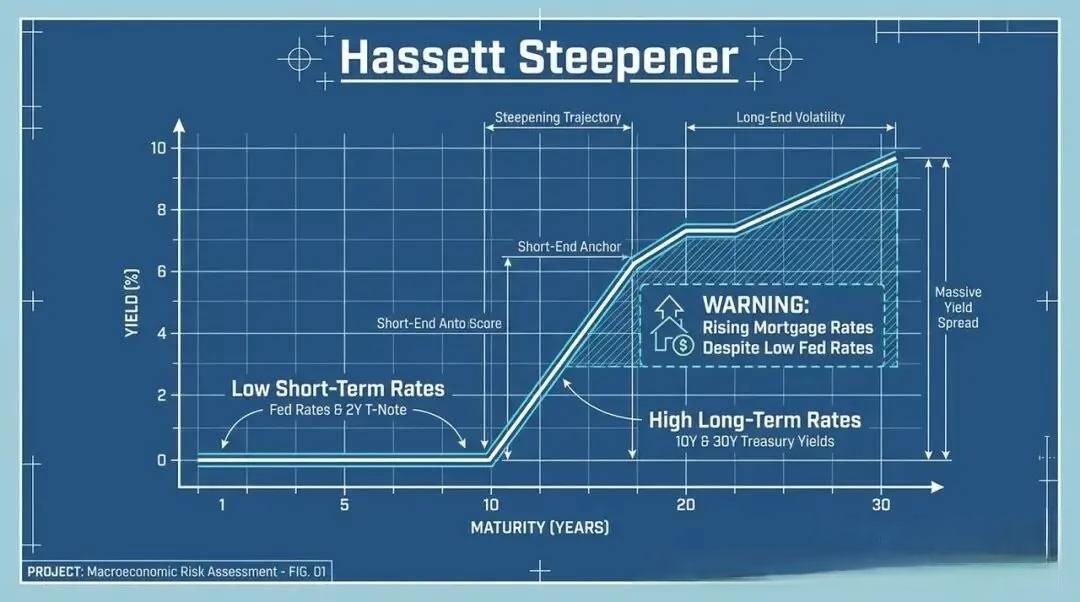
Population is one of the most important variables in the medium to long term of the economy, playing an important role in the development of the world economy. It is not only a production factor for economic growth, but also affects important macroeconomic variables such as interest rates and employment. It also affects consumption, investment, and industrial changes. The changes in population and structural changes will have significant and far-reaching impacts on the pattern of world economic development.
From the age distribution of the population on various continents, Europe has the most severe degree of aging. Currently, many European countries have seen an increase in unemployment rates, reduced taxes, increased public spending on various subsidies, and an exacerbation of population aging. It is foreseeable that the economic pressure on European countries will continue to increase in the future.
The European economy is facing unprecedented difficulties, and an aging population is a significant cause of economic distress. Europe is one of the regions with the most severe aging population in the world. According to the United Nations forecast, by 2030, the elderly population aged 65 and above in the European Union will account for 23.5% of the total population, and by 2050 it will rise to 29.7%. According to relevant data, the elderly population aged 65 and above in the European Union has reached 90 million, accounting for 20.3% of the total population. It is expected that by 2050, the population aged 65 and above will be approximately 129.8 million, accounting for 29.4% of the total population. Although the 20-64 age group is currently the largest part of the population in Europe, due to the low birth rate, the structure of the European population will also be imbalanced when the 20-64 age group retires, bringing serious social burdens.
One is the increase in pension and medical expenses, which increases the financial burden on healthcare. With the aging population, pension and healthcare expenditures will inevitably increase, which will bring enormous financial pressure to the country. The second is a decrease in labor force. As time passes and the birth rate decreases, the number of eligible workers will decrease, which slows down the growth rate of new labor and affects labor productivity. The third is to exacerbate inflation, as a decrease in the growth rate of the labor force will raise the price of labor factors and drive inflation on the supply side. Fourthly, with the decrease of young labor force, the learning ability of elderly people for new equipment, new processes, and new skills is declining, seriously affecting production efficiency. With the continuous emergence of new industries, social division of labor will become more complex, and these all require labor force to have strong adaptability and relatively new knowledge and technology structure. Obviously, an excessive number of middle-aged and elderly labor force is not conducive to the development of the social economy. At the same time, the declining consumption ability in an aging environment is undoubtedly adding insult to injury to economic growth.
Faced with the increasingly severe aging situation, European countries want to solve it by attracting immigrants, encouraging childbirth, and considering policies such as delaying retirement. But the birth rate of newborns is not something that we want to increase immediately. From the birth rates of the European Union in the past decade, the birth rates of European countries have generally decreased year by year. It is almost impossible to reverse this situation in the short term. In order to cope with an aging population, the European Union is introducing foreign immigrants year by year. Although it has provided some labor force and to some extent alleviated the problem of aging, it has also caused new social security problems. In order to reduce the pension gap, French President Macron once forcibly passed a law to raise the retirement age in France, which caused strong dissatisfaction among the French people and almost led to Macron's dismissal.
Aging has become a major issue that cannot be ignored in Europe, constraining its economic development. However, due to European reasons, it is difficult to provide an effective solution in a short period of time to fundamentally solve the problem of population aging. Over time, it will inevitably have an impact on the global economy.

Underneath the seemingly market-friendly, growth-oriented surface of a Federal Reserve rate cut lie intricate financial logics and latent risks that demand more cautious scrutiny.
Underneath the seemingly market-friendly, growth-oriented s…
When David French, Vice President of the National Retail Fe…
The Federal Reserve faces an exceptionally contentious meet…
In December 2025, the new version of the National Security …
Recently, the controversy that has erupted within the Europ…
On the afternoon of December 8th local time, US President T…